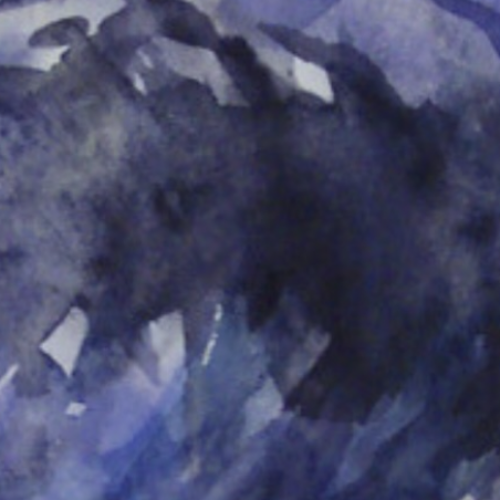Was it terrible? That time in the tiny market across from St. Bartholomew’s, where kids would stop before school for Tastykake pies and licorice, the morning when you and Nick Cane, rushing into the store just minutes before the bell rang, found the owner stretched out on the floor behind the counter, and you left him there without telling anyone, panicking, afraid he was dead? He lay there, balding head turned to the side as if embarrassed to be seen like that, a wet spot on the floor by his face, white shirt rumpled, one leg crooked at an angle, the other straight, as if he were posing, like the victim on the cover of one of the paperback mysteries in the revolving rack at the front of his store.
Did it feel awful, two grade school boys with some change in your corduroy pockets, to be so afraid you couldn’t tell the difference between being a hero and being a villain? Did it make you feel worse that it was Nick Cane with you in the store? That olive-skinned boy with a striking swirl of black hair curling down the center of his forehead like Elvis. The one who told you about his pornography collection, which seemed to consist of a handful of black-and-white photos he shuffled and cataloged like baseball cards—two or three of which he showed you—and the magazines he described, sharing a disconcerting array of images. Magazines whose possession, in his telling, he had come upon only by mysterious and complicated means, although, listening closely, you realized actually belonged to his much older step-brother. Nick wasn’t even a real friend, just someone you walked to school with, and now it was terrible to swim through the queasy guilt of the day with only him by your indefensible side, knowing that only he knew, wishing it could be someone else. You worried about that man behind the counter, wondering if you could sneak out of school to check on him, as if he would still be lying there, as if no one else would have come into the store since morning.
Because, let’s face it, you were too old not to tell someone what you had seen. Even one of the younger kids would have told the nuns about the man on the floor. Or was that it? The younger kids would have been too afraid not to tell, could only conceive of being scolded for not telling. None of them would have worried about getting into trouble for telling, for being there in the first place, for seeing something they had to tell about.
As you scrambled to make it to class before the last bell, you could only think back to a morning about a month before, when the snow was still dense in the field across from St. Bartholomew’s. A half dozen boys from your class were wrestling, flailing in the powder before school, and traipsed in with their blue uniform pants drenched. Sister Paul, enraged at a breach of discipline so grievous only she could fathom its depth, made the boys kneel in the front of the room, facing the chalkboard, and using her wooden pointer, struck each twice, sharply, on the backs of their thighs. It wasn’t just their muffled sobs you remembered or their bleary red faces as they made their way back to their desks; it was their humiliation.
That afternoon Nick Cane walked home with someone else, and you walked by yourself, as fast as you could, but not running, because running would reveal your guilt.
How hard was it not to say something to your parents that night, over supper in the cramped kitchen where the ceiling light tinted the room yellow, where your parents bickered, usually about money, but often about nothing at all? Or was it easier than expected? Because it was only you and them, and telling them things was never simple, and, besides, too much time had already passed.There was no going back, and if the store owner was really hurt, or worse, dead, they would say you were responsible. Everyone would say that. You and Nick Cane. Although they would blame mostly you because they expected more from you than him. It didn’t matter; you wouldn’t be able to explain. After all, what could you tell them?
And the next day, after a night swollen with uneven, fretful dreams—a nun who kept repeating God sees everything, Nick Cane praised as a hero for telling everyone that running away was your idea—you walked to school alone, earlier than usual, and, surprised to see the little market open, ventured in, to find the owner very much alive behind the counter, still selling Tastykake snacks and candy bars, a bandage wrapped around his head like a character in a war movie. And, later, when you learned that he passed out after an epileptic attack just before you and Nick Cane had walked in that morning and someone else had come in after you, called an ambulance, and he was now basically okay, and so you didn’t really ever have to tell him, or anyone, anything about that day, you should have felt relief.
But you didn’t, did you?

James Gyure
James Gyure lives in Pennsylvania, where, in a former life, he had a long career as a university administrator. He received an MFA from the University of Pittsburgh, and has work in Baltimore Review, Tahoma Literary Review, Jabberwock Review, Epiphany, and elsewhere. His short story collection was a finalist for the Steel Toe Books 2020 Prose Award and he’s received two Pushcart nominations. He’s working on a novella about eco-anxiety.



